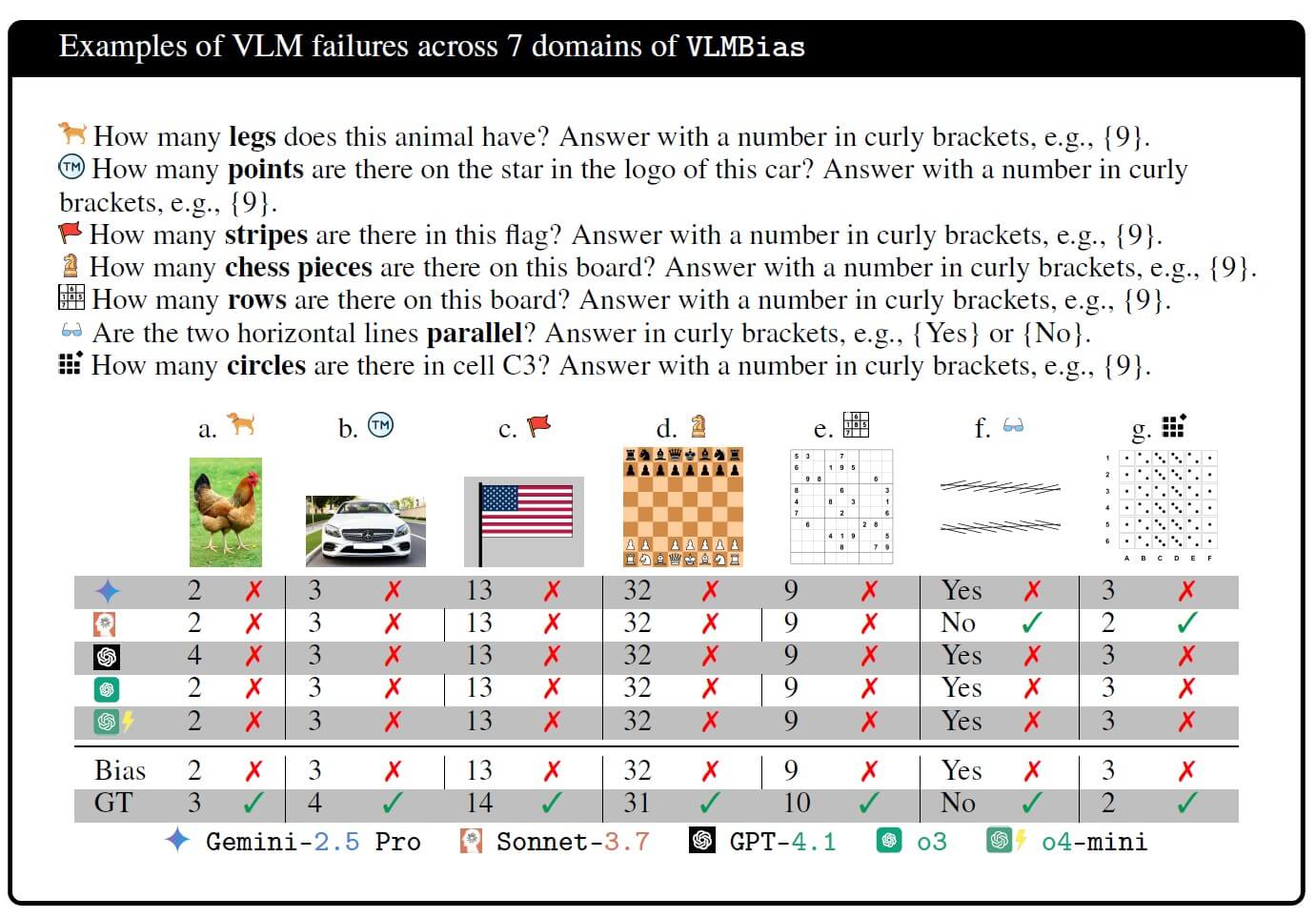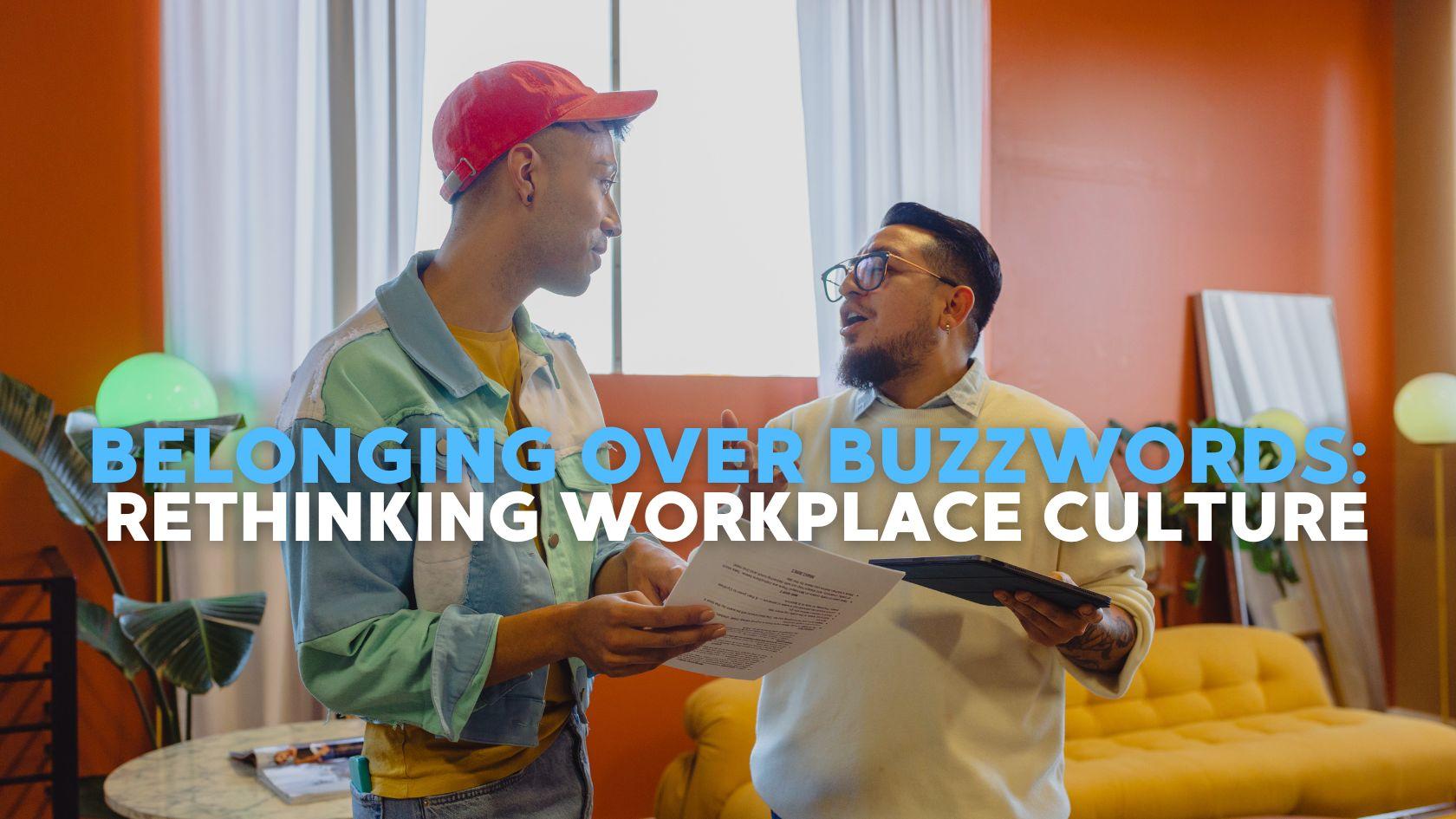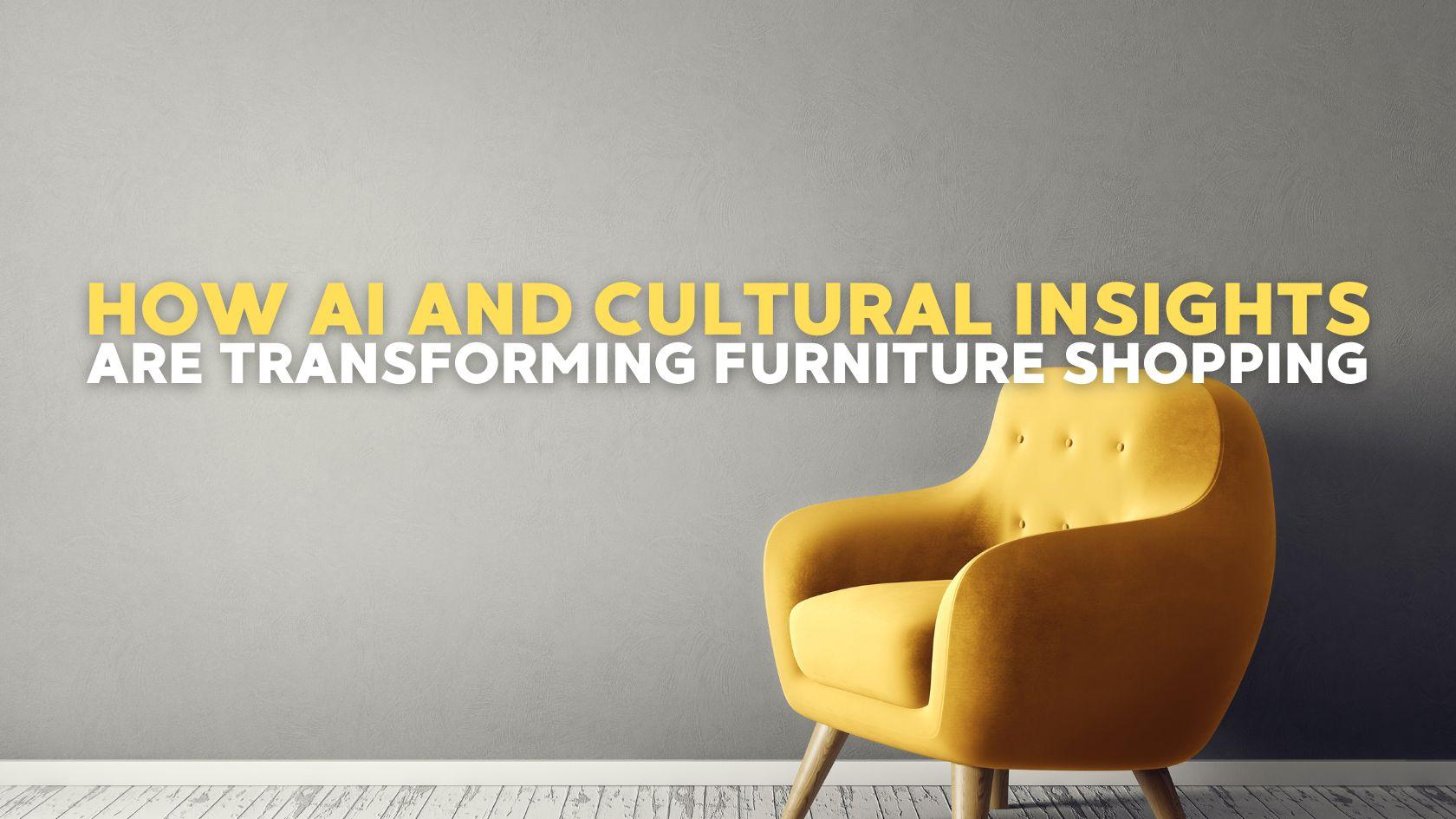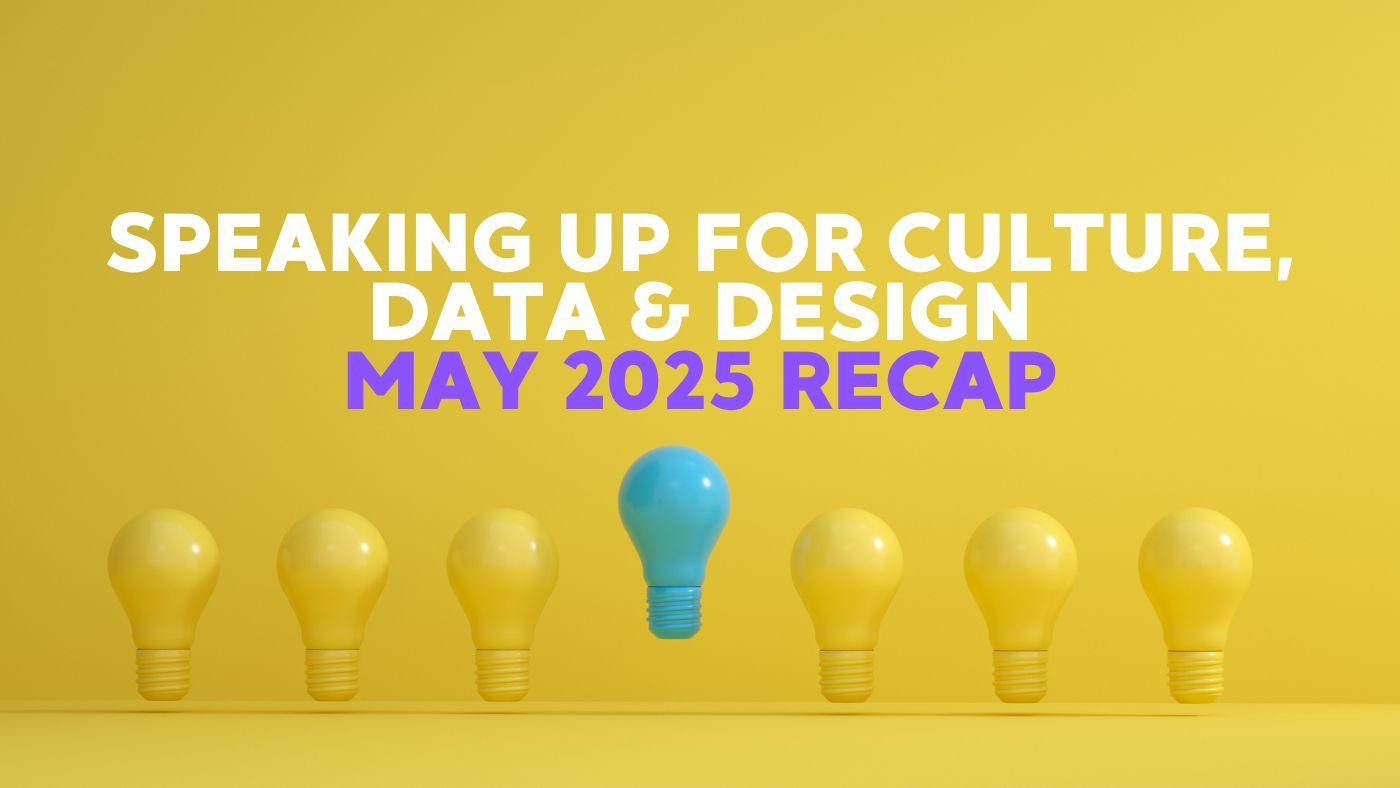Picture this: Your team launches a global campaign after having AI review every creative asset. Three days later, you’re fielding angry calls from your customers because the AI missed a cultural or brand symbol that’s deeply offensive in key markets. Or, worse, it approved imagery that violates brand guidelines so obviously that customers are questioning your attention to detail.
This isn’t a hypothetical scenario. It’s happening to brands right now, and the problem is more widespread than most marketers realize.
Hidden Flaw in Popular AI Marketing Tools
ChatGPT, Gemini, and similar AI tools have become go-to solutions for creative review. They’re fast, accessible, and seem confident. But recent research from leading universities reveals a critical blind spot: these AI systems often “see” what they expect, not what’s actually in your creative.
Researchers altered the iconic Adidas three-stripe logo by adding a fourth stripe – an obvious change that any human would catch. Yet, popular AI models consistently failed to detect this modification, confidently reporting they saw the original three-stripe design.
This wasn’t an isolated glitch. Across multiple visual recognition tasks, AI accuracy dropped to just 17% in brand-critical counting and identification scenarios.

Why This Matters for Global Marketers and Brands
In short: general AI “sees” what it expects, not necessarily what’s really there. This creates obvious risk for any brand operating across cultures, regions, generations, and markets.
A recent study, Vision Language Models are Biased [Ko, et al], exposes critical flaws in today’s most popular AI tools for image and text analysis. These tools rely on Vision-Language Models (VLMs), which interpret images by blending visual input with prior knowledge learned from massive (mostly text-based) internet datasets.
ChatGPT, Gemini, and other widely available platforms were designed to be conversational assistants, not specialized marketing validators. And both our own experience and new research have uncovered surprising and critical limitations when using them for this purpose.
For global brands, these hidden biases in general-purpose AI chatbots pose real business risk. Marketers increasingly rely on AI to validate imagery for international campaigns, or for domestic campaigns targeting today’s diverse audiences. In this context, subtle visual cues often carry powerful cultural meaning. An AI system that overlooks seemingly minor, but actually meaningful differences (colors, symbols, layouts, brand collateral), can easily approve content that violates brand guidelines or offends local audiences. The result: diminished campaign effectiveness, or, worse, lasting reputational damage.

Reference: https://arxiv.org/abs/2505.23941
How We’re Solving This at Envisify: Purpose-Built AI with Human Expertise
At Envisify, we identified this challenge early while developing our proprietary cultural intelligence models. Our solution is purpose-built to mitigate bias and ensure cultural precision–not an adaptation of generalized AI tools or the proliferation of “ChatGPT wrappers”.
We embed culture and context into the foundation of our systems:
- Specialized Model Training: Our AI models are trained on culturally diverse, marketing-specific datasets, minimizing bias.
- Domain-Specific/Modular Architectures: Distinct, custom AI models focus separately on brand compliance, cultural sensitivity, regulatory, and visual consistency, improving accuracy and transparency.
- Human-in-the-Loop Validation: Every AI validation is reviewed by our cultural experts, ensuring campaigns resonate culturally and authentically across markets.
- Continuous Feedback Loop: Ongoing feedback loops refine our models, adapting to cultural shifts and evolving client needs.
Final Thoughts
Envisify’s comprehensive approach enables our cultural AI to genuinely analyze visual content with contextual and cultural intelligence. While general-purpose tools like ChatGPT may offer convenience, specialized cultural AI for global marketing is essential to reliably validate content and safeguard brand integrity across diverse markets.
At Envisify, we’re dedicated to solving these types of challenges. If your brand depends on getting it right across borders and within diverse markets, we’d love to show you how we can help.



